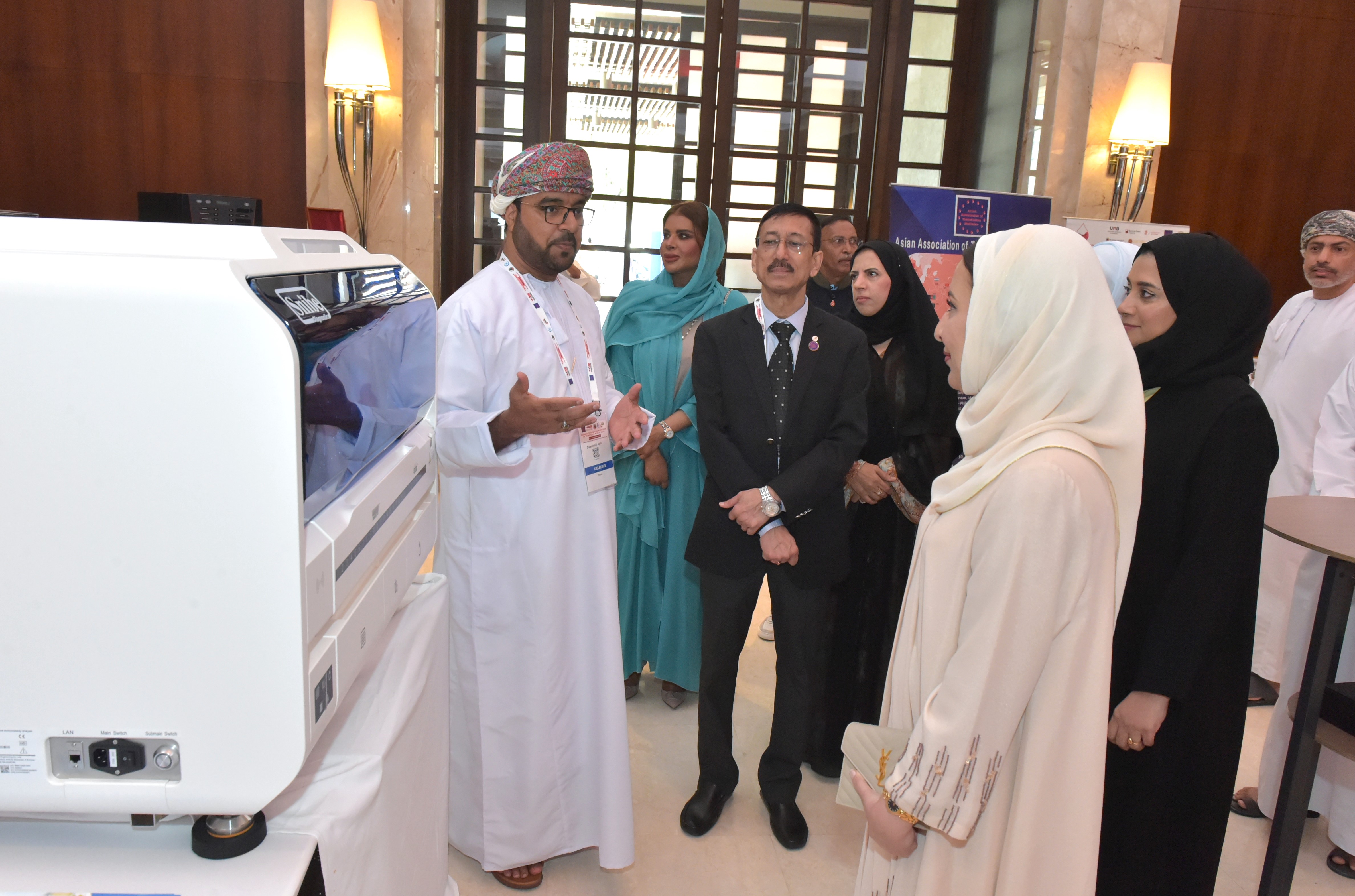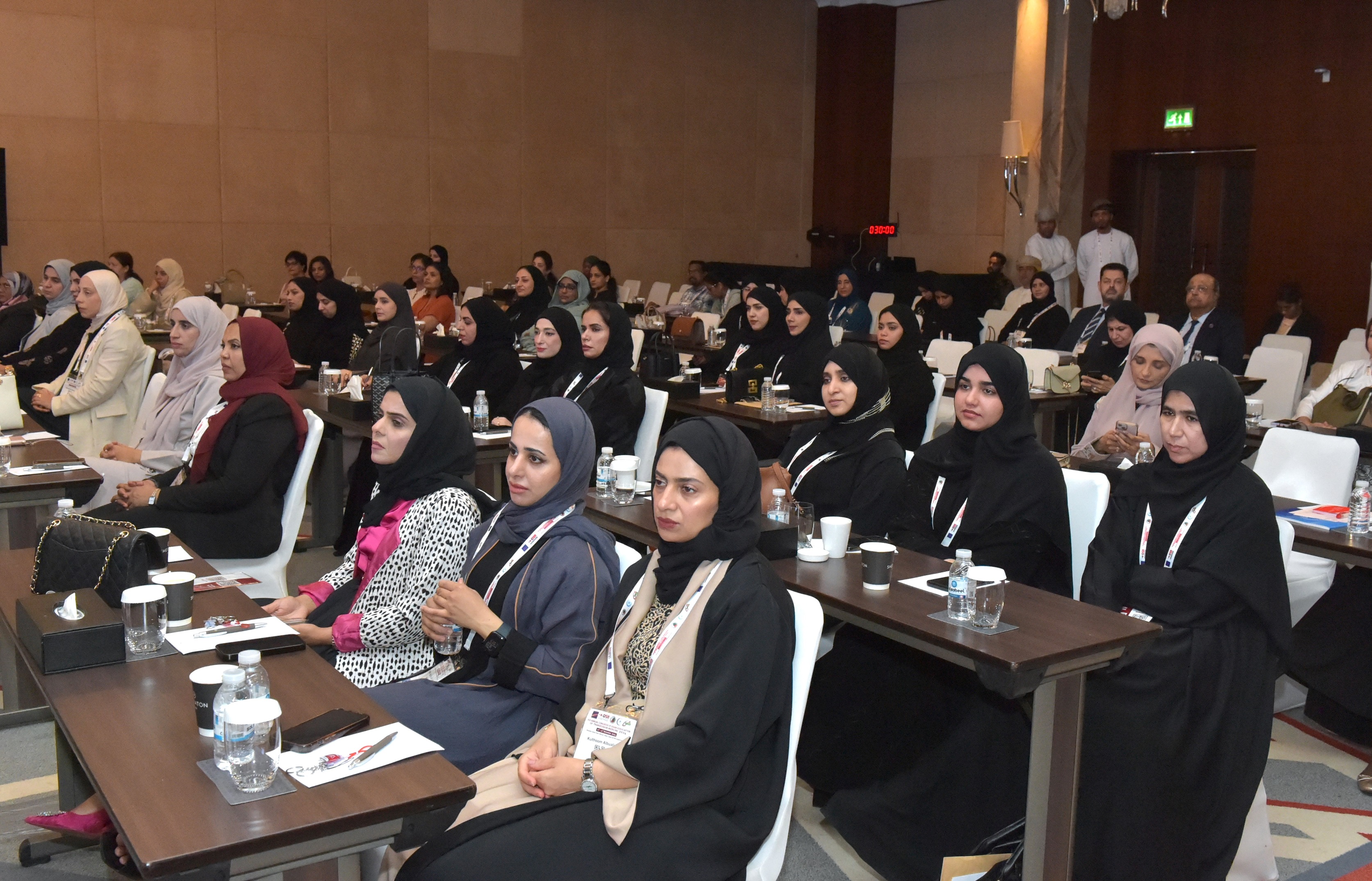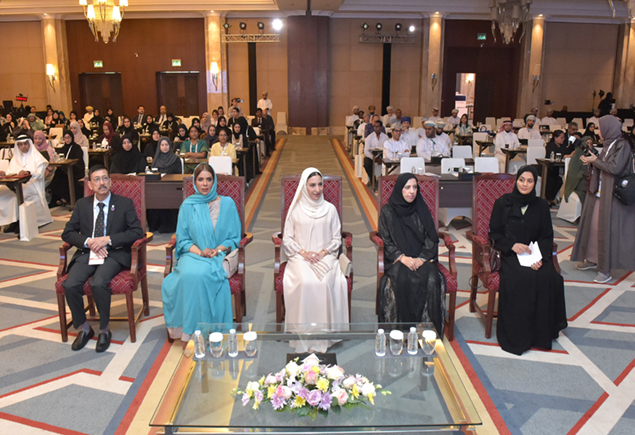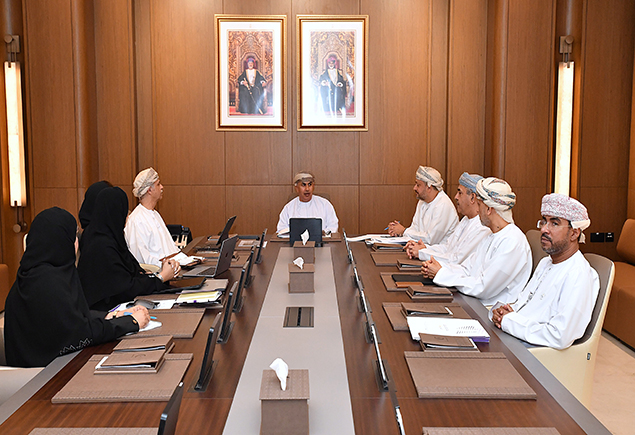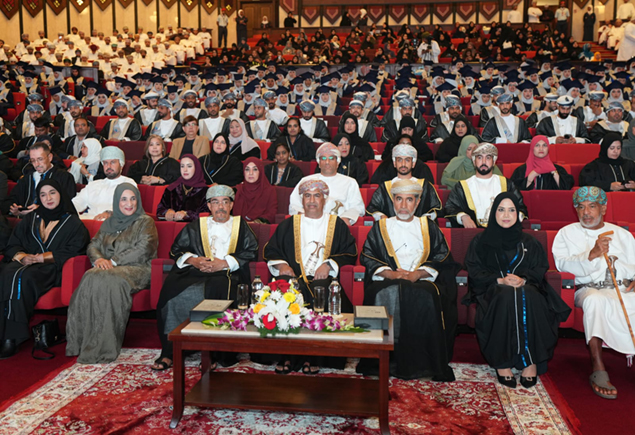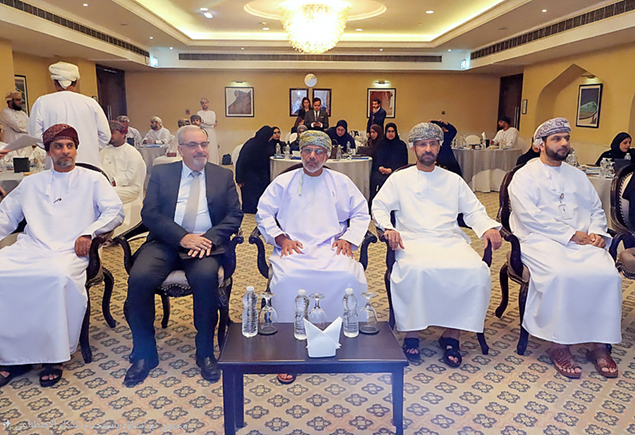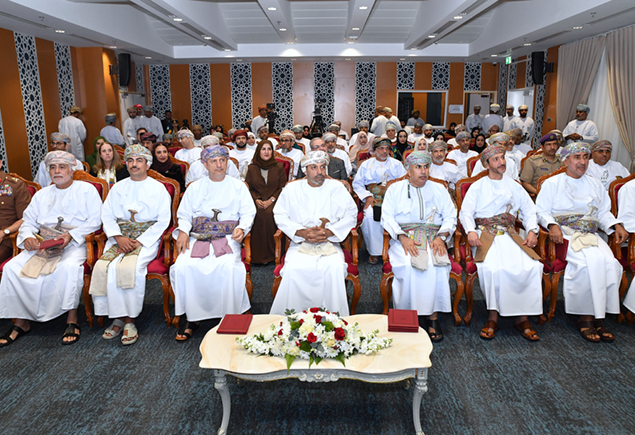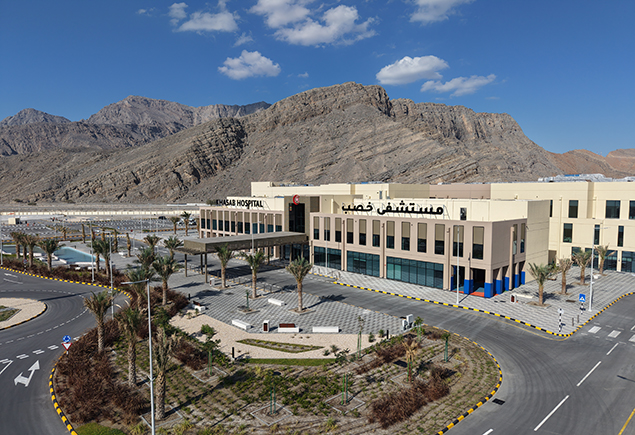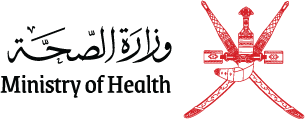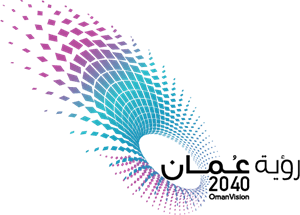The 19th Annual Congress of Asian Association of Transfusion Medicine began today (Monday) at the Sheraton Hotel in Muscat under the patronage of Dr. Seham Salim Sultan Al-Sinani, Executive President of the University Medical City with the presence of numerous specialists from the World Health Organization, international blood transfusion organizations, as well as a large group of participants and invitees.
The two-day Congress is organized by the Department of Blood Bank Services, Directorate General of Health Services & Programs.
Dr. Zainab Salim Al-Araimi, Director of the Blood Bank Services Department at the Ministry of Health emphasized that ensuring the safety of blood through empowering donors and guaranteeing their well-being is the first step toward patient safety. This is achieved by creating a health system that fosters cooperation between donors and healthcare providers.
Dr. Al-Araimi pointed out that blood banks worldwide face common challenges in ensuring the sustainable availability of blood while maintaining its safety and quality.
The opening program also included a lecture by Dr. Nabajyoti Choudhury, Medical Director and Head of the Dibrugarh Cancer Center in India, and President of the Asian Association of Transfusion Medicine. In his lecture, he introduced the Association, noting that it is an international organization with 25 years of experience in advancing blood transfusion services across Asia. The Association has members from 48 countries and functionally independent branches in 24 countries. He highlighted the Association's operating mechanisms, membership, and core responsibilities.
The Congress hosts over 300 participants, including doctors and laboratory specialists from various civil and military healthcare institutions in the Sultanate of Oman, as well as from private sector institutions. In addition, there are participants from several other countries around the world. The event features a selection of distinguished local and international speakers specializing in transfusion medicine.
The Congress aims to exchange expertise to achieve shared goals in providing better healthcare for all. It includes discussions and presentations on topics related to blood transfusion services and the latest scientific advancements in laboratories and blood banks.
In addition to the accompanying workshops, the Congress program includes 15 scientific sessions covering various topics in transfusion medicine. Key topics include international accreditation and quality, hemovigilance and monitoring of transfusion complications, fundamentals of transfusion management, blood and plasma separation techniques, medical innovation, and advancements in blood bank operations.
On the first day, the Congress addresses a range of topics, including the World Health Organization’s framework for monitoring blood transfusion processes, highlighting challenges facing blood services when using the Blood System Self-Assessment Tool (BSS), certification programs by the American Association of Blood Banks (AABB) and the Asian Association of Transfusion Medicine, and advanced strategies in immunohematology in transfusion medicine.
The first day also covers innovative techniques for resolving complex immunohematology cases, blood management measures in obstetrics and gynecology, and the use of artificial intelligence in transfusion medicine. Additionally, it highlights Oman’s experience with high-frequency antigens and Saudi Arabia’s experience in applying artificial intelligence in blood donation processes.
On the second day of the Congress, the program will discuss several topics including the current and future roles of blood services in the healthcare system, improving efficiency, productivity, and safety in blood banks through automation and digital solutions, achieving self-sufficiency in plasma protein therapies in the region, blood safety and immunohematology, and clinical blood transfusion.
